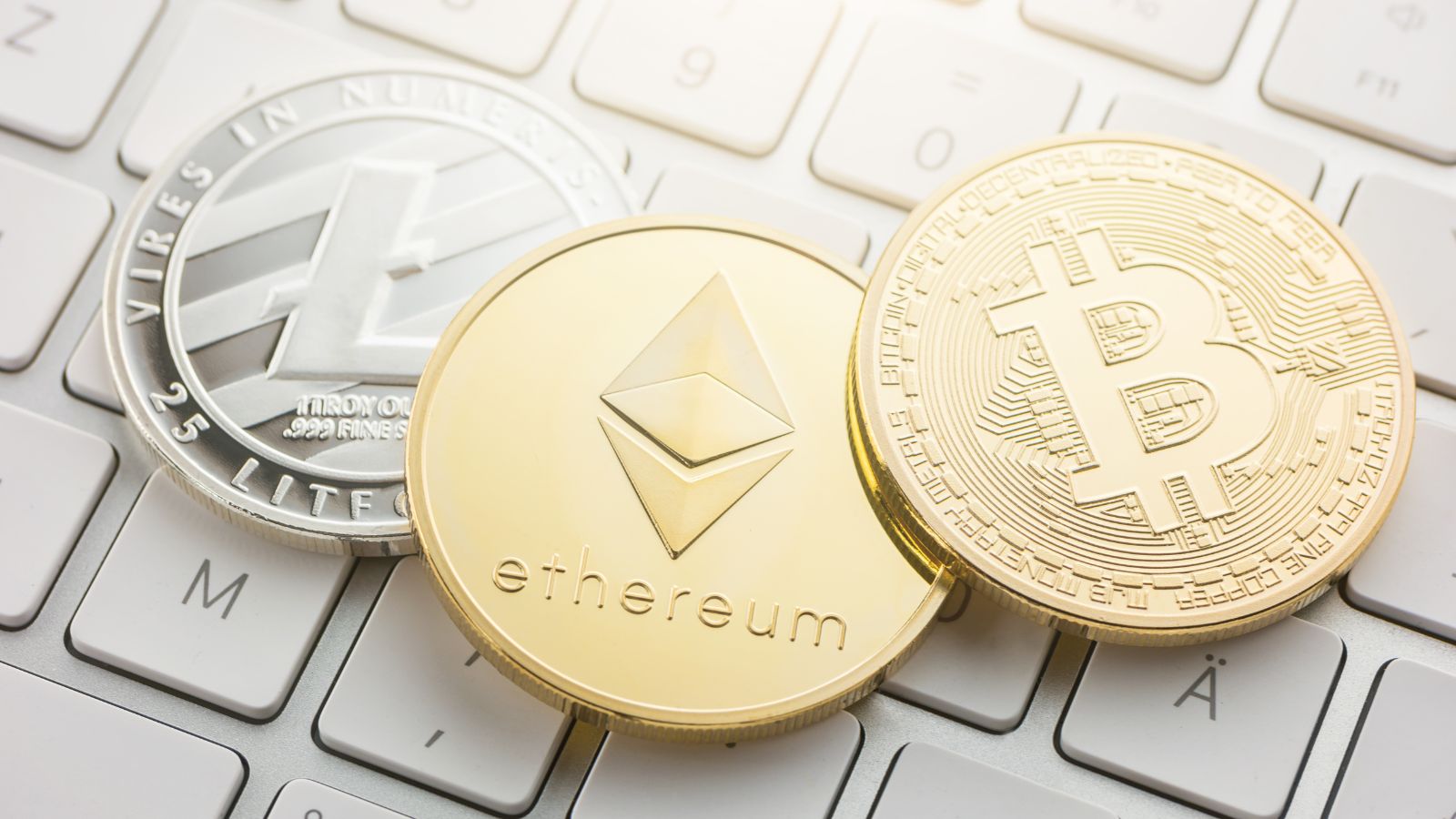Like each generation, Millennials have invented their fair share of cultural staples, from gadgets to eating habits. There are some things, however, that this demographic mistakenly takes credit for. While some innovations might not have existed before Millennials came along, that doesn’t mean they introduced them to the world. Here are 20 things Millenials claim to have invented, despite history proving them wrong.
Avocado Toast
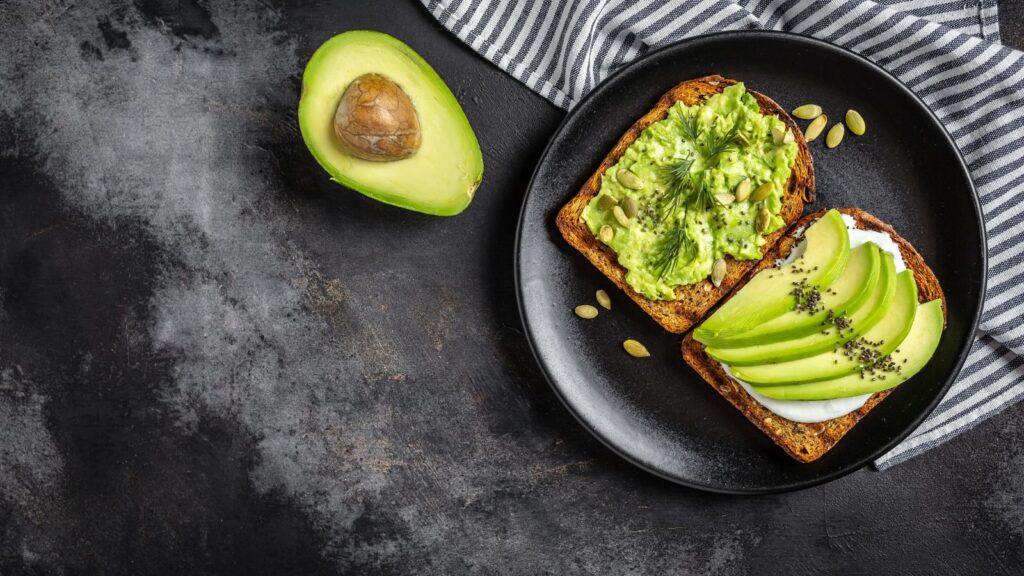
Ah, avocado toast, the staple of brunch menus everywhere. While millennials have certainly popularized this delicious dish, its origins date back to at least the 1990s in Australia, long before it became a millennial food trend.
Selfies
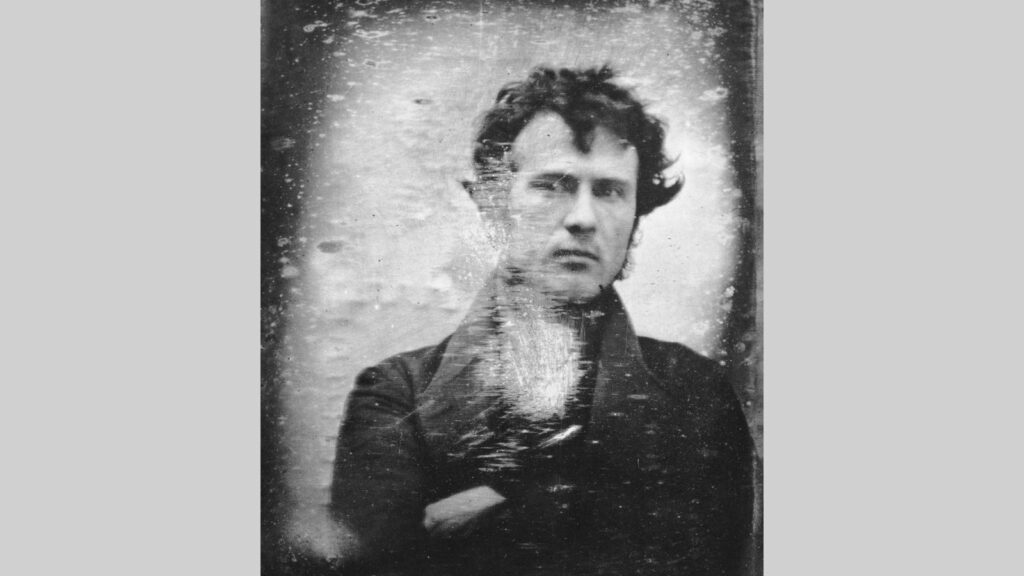
Selfies are practically synonymous with millennials, thanks to our love affair with smartphones and social media. However, the first recorded selfie dates back to 1839 by Robert Cornelius, predating our selfie obsession by over a century. People have always loved seeing themselves on film. It didn’t start with the Millennial generation.
Social Media
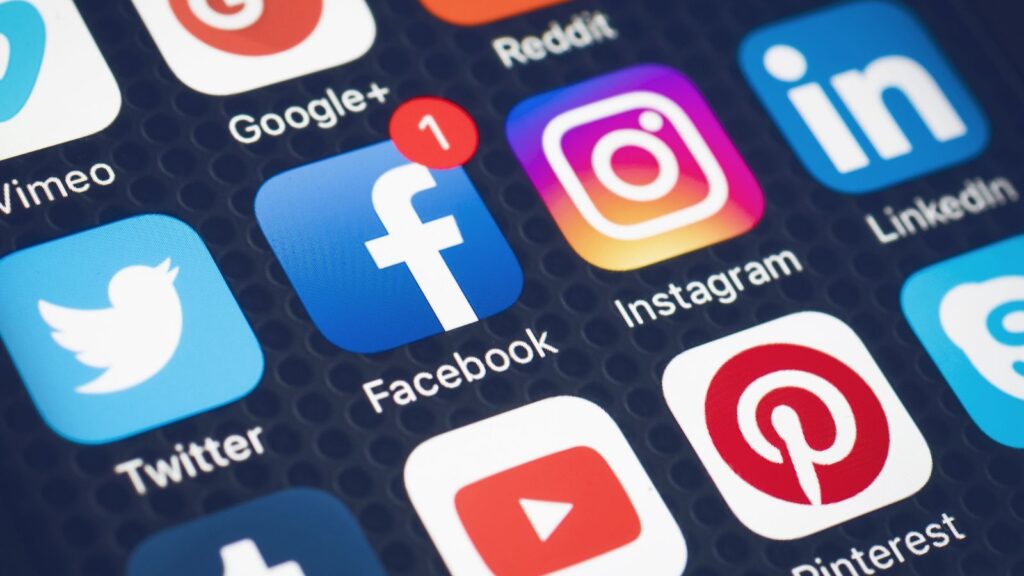
Millennials grew up alongside the rise of social media platforms like Facebook and Twitter, but the concept of social networking began with sites like SixDegrees in the late 1990s, well before our generation took the reins.
Hipster Culture
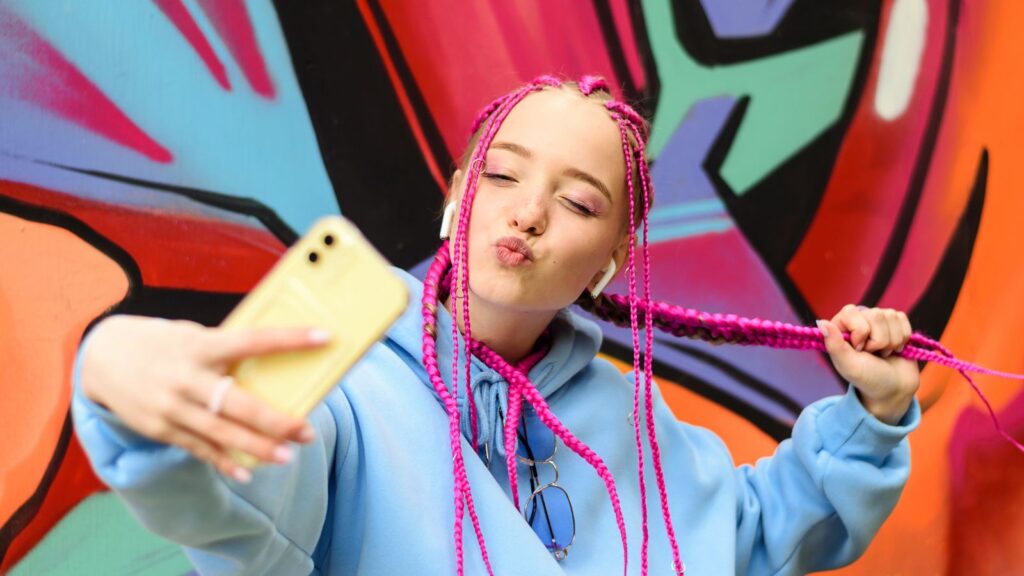
From artisanal coffee shops to vintage fashion, millennials are often associated with hipster culture. Interestingly, the term “hipster” itself originated in the 1940s, describing a subculture that valued non-mainstream fashion and music.
Gluten-Free Diets

While millennials have popularized gluten-free diets as a health trend, the concept of avoiding gluten due to celiac disease or intolerance has been around for much longer, with documented cases dating back to the 1950s. Just because something becomes more widespread during a particular era, that doesn’t mean one generation can claim it.
Craft Beer Revolution
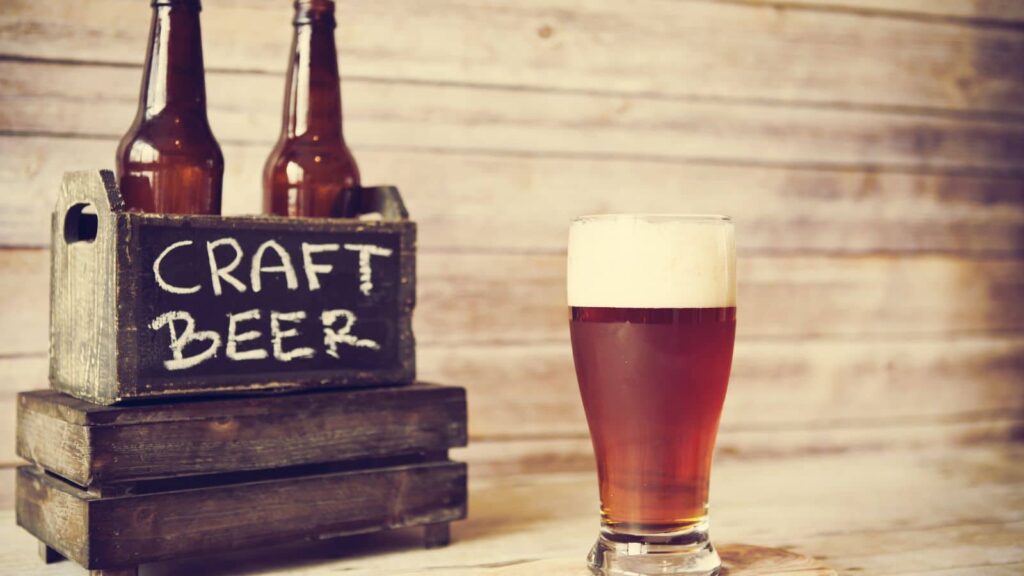
Millennials are known for their love of craft beer and microbreweries. The craft beer movement, however, actually began in the late 1970s and gained momentum in the 1980s with pioneers like Fritz Maytag and Anchor Brewing Company.
Uber and Ride-Sharing Apps
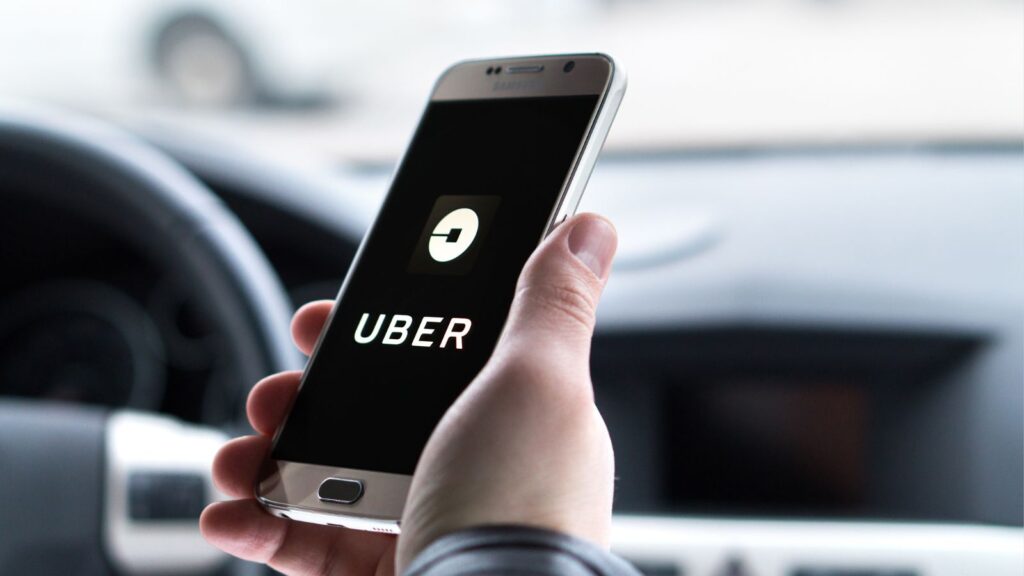
Uber and Lyft may feel like quintessential millennial innovation, but this couldn't be further from the truth. The concept of ride-sharing dates back to the 1970s, with services like Hitchhiker and Dial-A-Ride. The Uber idea itself was founded in 2009, well into the millennial era.
Streetwear Fashion

From Supreme to Off-White, millennials have embraced streetwear fashion, but this doesn't mean they created an entire fashion trend. Streetwear as a style emerged in the 1970s and gained mainstream popularity in the 1990s, long before it became a millennial fashion staple.
Streaming Services
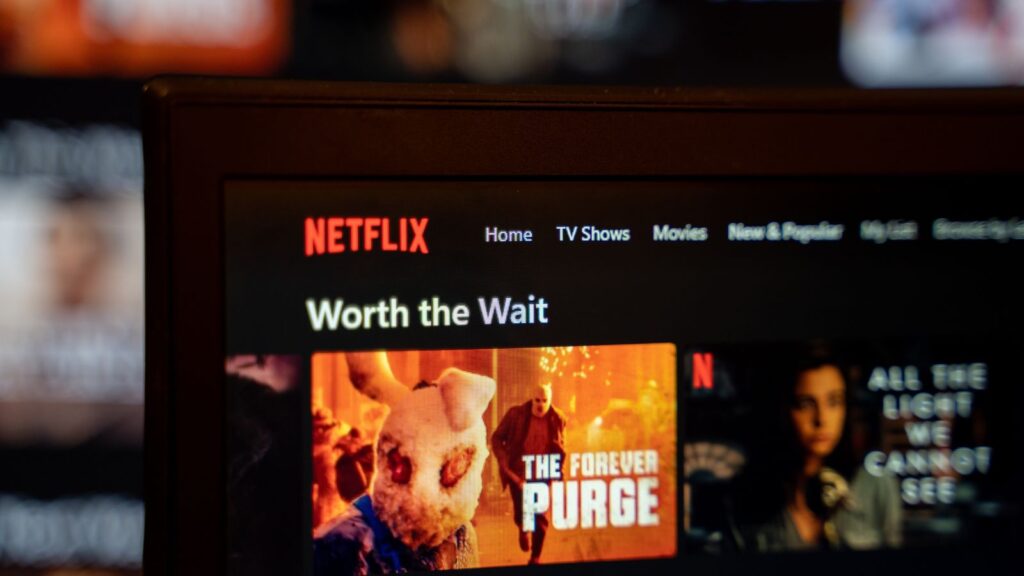
Netflix and Hulu? While millennials have embraced streaming services for their entertainment fix, the concept of streaming media online began with services like RealNetworks in the mid-1990s, paving the way for platforms like Netflix.
Environmental Awareness

Millennials are often credited with sparking mainstream eco-awareness, but the modern environmental movement has roots in the 1960s and 1970s with events like the first Earth Day in 1970 and the formation of Greenpeace.
Digital Nomadism

The idea of working remotely and traveling the world appeals to many millennials, but the term “digital nomad” was coined in the mid-1990s. This term initially described individuals who used telecommunications to earn money and live a nomadic lifestyle, even without the use of the internet.
Food Trucks
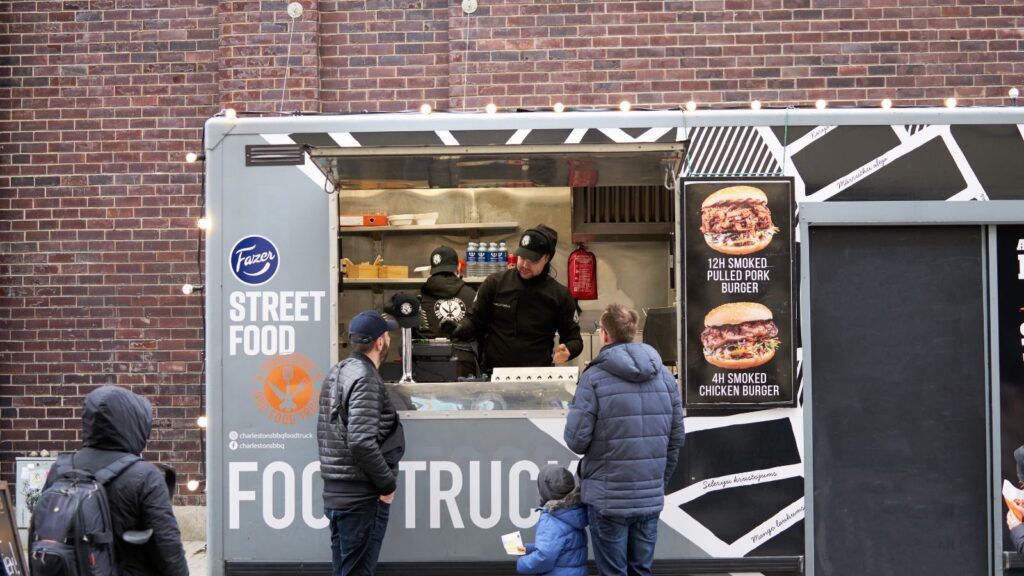
While millennials have embraced the food truck craze for its convenience and variety, food trucks have been around since the late 19th century in the form of chuckwagons serving meals to cowboys in the American West. They used to be more a necessity than a fad.
Minimalism

From Marie Kondo to tiny homes, millennials have embraced minimalism as a lifestyle choice. However, minimalist movements in art and design date back to the early 20th century, emphasizing simplicity and functionality in various forms.
Veganism and Plant-Based Diets

Millennials are driving the popularity of veganism and plant-based diets, but the vegetarian movement has roots in ancient civilizations and gained momentum in the 1970s, with the founding of organizations like The Vegan Society.
Music Festivals

Coachella, Lollapalooza, and Bonnaroo are synonymous with millennial music festival culture, but music festivals as we know them today have evolved from events like Woodstock in 1969, setting the stage for the modern festival experience. They might have taken it to a whole new level, but the concept was not theirs to begin with.
Yoga and Mindfulness

Millennials have embraced yoga and mindfulness practices for their physical and mental health benefits. However, yoga has ancient origins in India, dating back thousands of years, and mindfulness practices are rooted in Buddhist meditation traditions.
DIY and Upcycling

From Pinterest projects to repurposing old furniture, millennials have embraced DIY and upcycling as creative outlets. But DIY culture has been a part of human history for centuries, adapting to different cultural and economic contexts over time. Can you say “shabby chic?”
Cryptocurrency
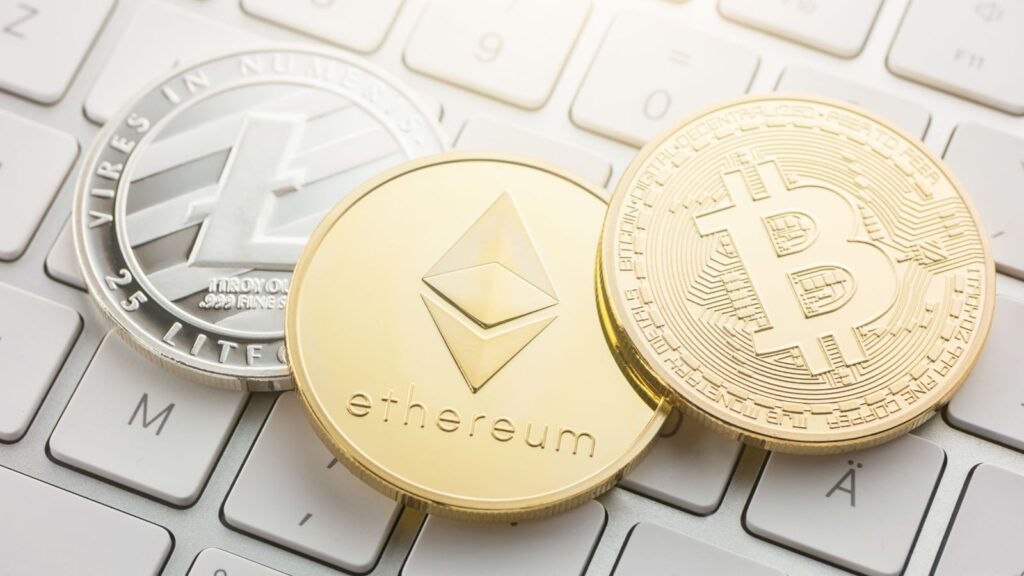
Bitcoin and blockchain technology have captured the attention of millennials, but the concept of digital currency and cryptography dates back to the 1980s. Bitcoin itself was introduced in 2009, well after the millennial generation began.
Online Dating

Tinder and Bumble have revolutionized how millennials approach dating, but online dating services like Match.com and Kiss.com launched in the mid-1990s, laying the groundwork for today's matchmaking platforms.
Influencer Marketing

Millennials are often seen as the pioneers of influencer marketing, but the concept of using influential individuals to promote products dates back to the 20th century with endorsements by celebrities and athletes in traditional media.
Generations Want to Believe Innovation is Theirs

So, while millennials have undoubtedly left their mark on these trends and innovations, it’s essential to recognize that many of these concepts have deep historical roots or were pioneered by earlier generations. Embracing our contributions while acknowledging the broader historical context enriches our understanding of how culture evolves.
30 Traditional Sayings That Are Now Considered Offensive by Woke Culture

30 Traditional Sayings That Are Now Considered Offensive by Woke Culture
21 Habits Often Associated With Having a Lower Social Status

21 Habits Often Associated With Having a Lower Social Status
25 Social Issues Gen Z are Determined to Cancel

